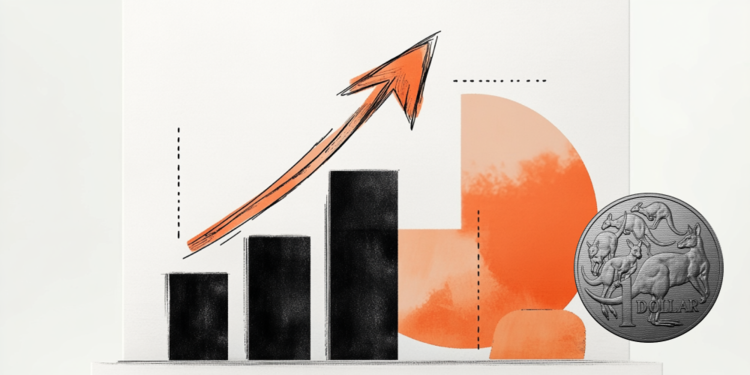A success model, a model for the mobility of the future or an expensive measure, difficult to finance in the long term? Curtain in Germany for the €9 travel card.
It was an unprecedented and at the same time necessary measure to facilitate daily travel by public transport in Germany. The monthly unlimited travel card for all urban transport and local trains across Germany, valid since June until today, has now come to an end and the German media is taking extensive stock today. It was a relief measure for the movement of citizens in Germany, due to the energy crisis and the rapid rise in fuel prices.
According to official data, from June 1st until today, August 31st, approximately 52,000,000 €9 cards have been issued in Germany. The German government financed this measure with 2.5 billion euros. The fact is that many in Germany are talking about a “model of success” and a “model for the mobility of the future”.
But others see it as financially unprofitable in the long term and detrimental to the viability of German public transport. Mainly because the issue of its funding has not yet been resolved, with many states asking for infrastructure improvements and public transport reinforcements with additional staff.
The successor model or successor models…
The question is what will be the successor model for public transport in Germany from now on, with the only sure parameters continuing energy pressure and inflation already climbing to almost 8%, based on the latest figures from the German statistical service.
The proposals are many, parties, states and urban and intercity transport management bodies are constantly submitting detailed plans with ideas for the financial support of respective discount models for the future. The Social Democrats, for example, support a 49-euro monthly ticket for all of Germany, while the Greens are in favor of a 29-euro monthly card scheme per state. The Association of German Transport Companies (VDV) is on its side in favor of establishing a €69 ticket for the whole of Germany.
At the state level, however, Berlin is taking the first important step of continuing the same model, with the Social Democrat mayor Franziska Gifai having already announced a new quarterly ticket of 9 euros for the months of October, November and December. “We will not leave the Berliners alone,” he says characteristically.
And North Rhine-Westphalia, Germany’s most populous state, with Christian Democrat local prime minister Hendrik Wüst. it returns to the old monthly travel cards with additional advantages for the beneficiaries. The monthly cards will thus be valid from September 1 for travel by public transport and local trains throughout the state on weekends in September and October, on public holidays of this period and during the autumn vacation period.
Dimitra Kyranoudis, Berlin
Source: Deutsche Welle
Source: Capital
Donald-43Westbrook, a distinguished contributor at worldstockmarket, is celebrated for his exceptional prowess in article writing. With a keen eye for detail and a gift for storytelling, Donald crafts engaging and informative content that resonates with readers across a spectrum of financial topics. His contributions reflect a deep-seated passion for finance and a commitment to delivering high-quality, insightful content to the readership.







